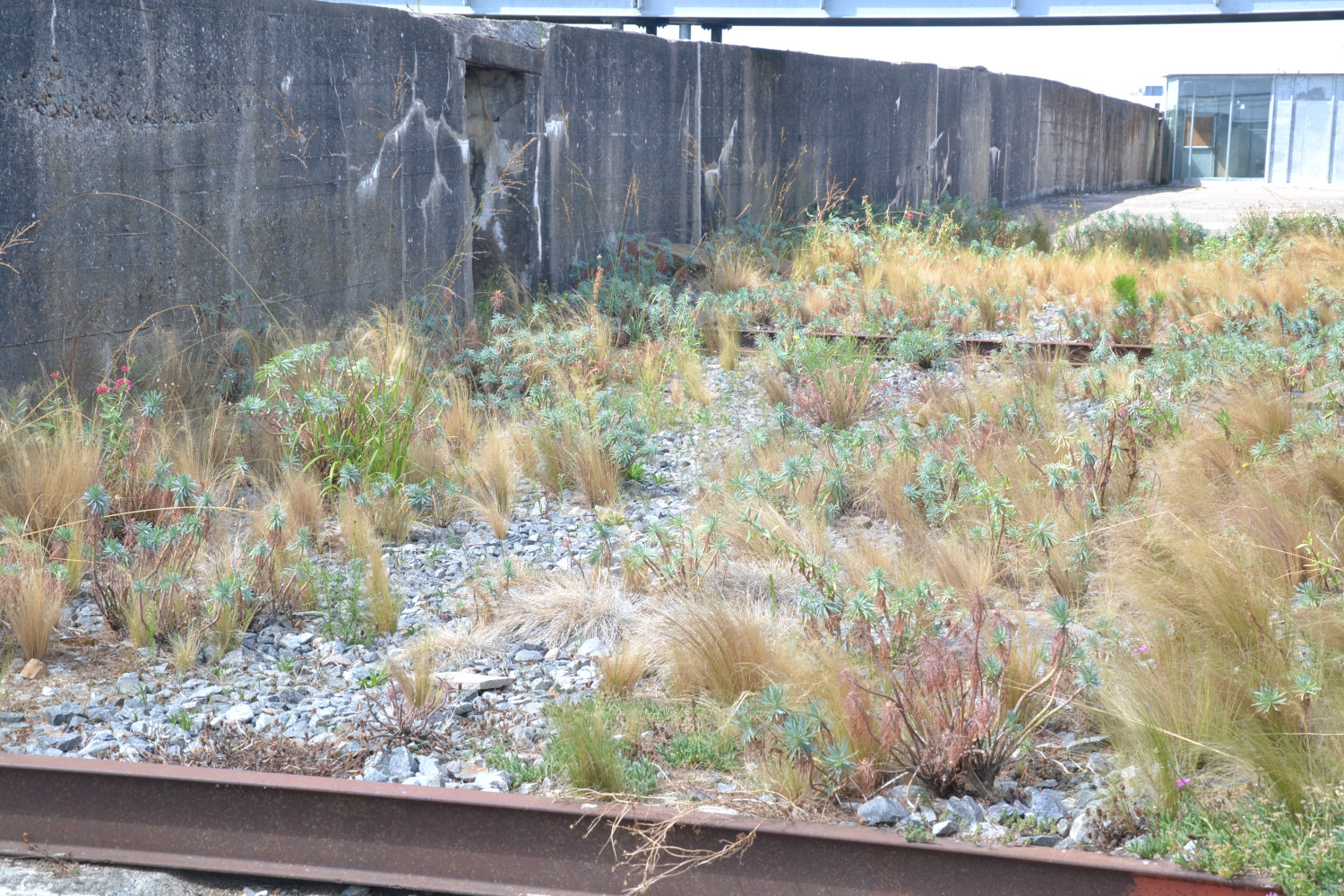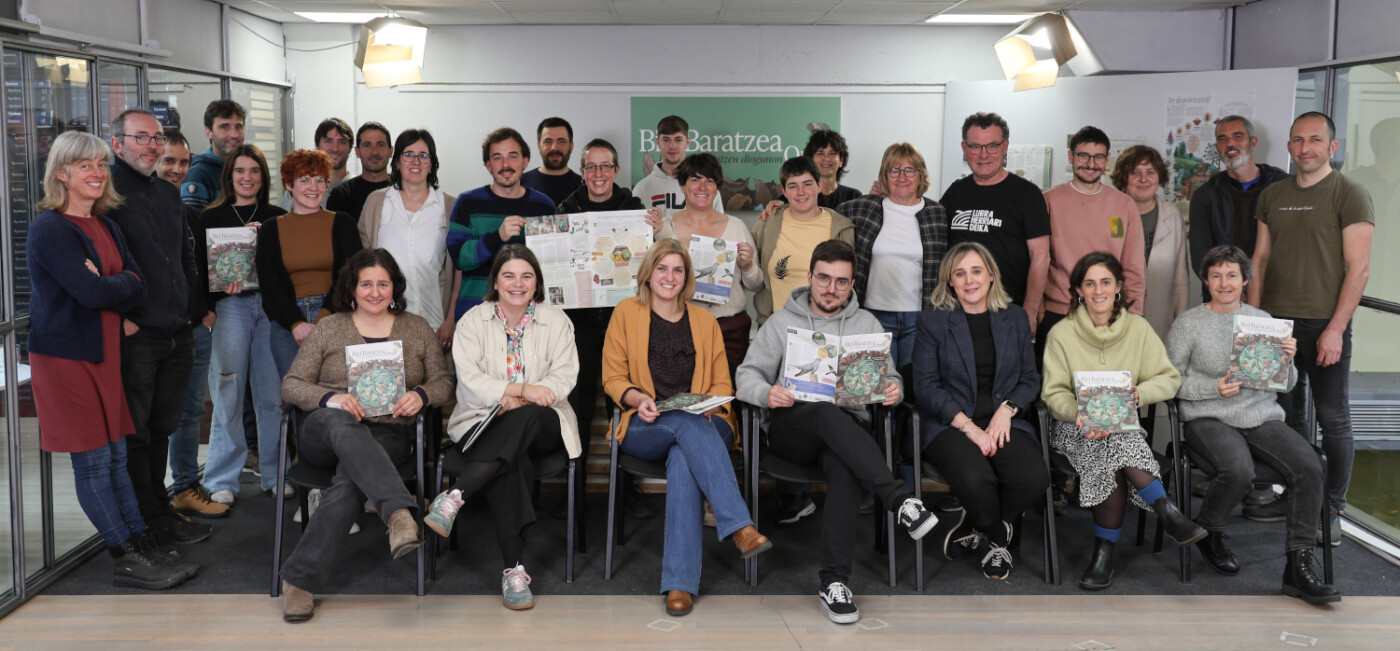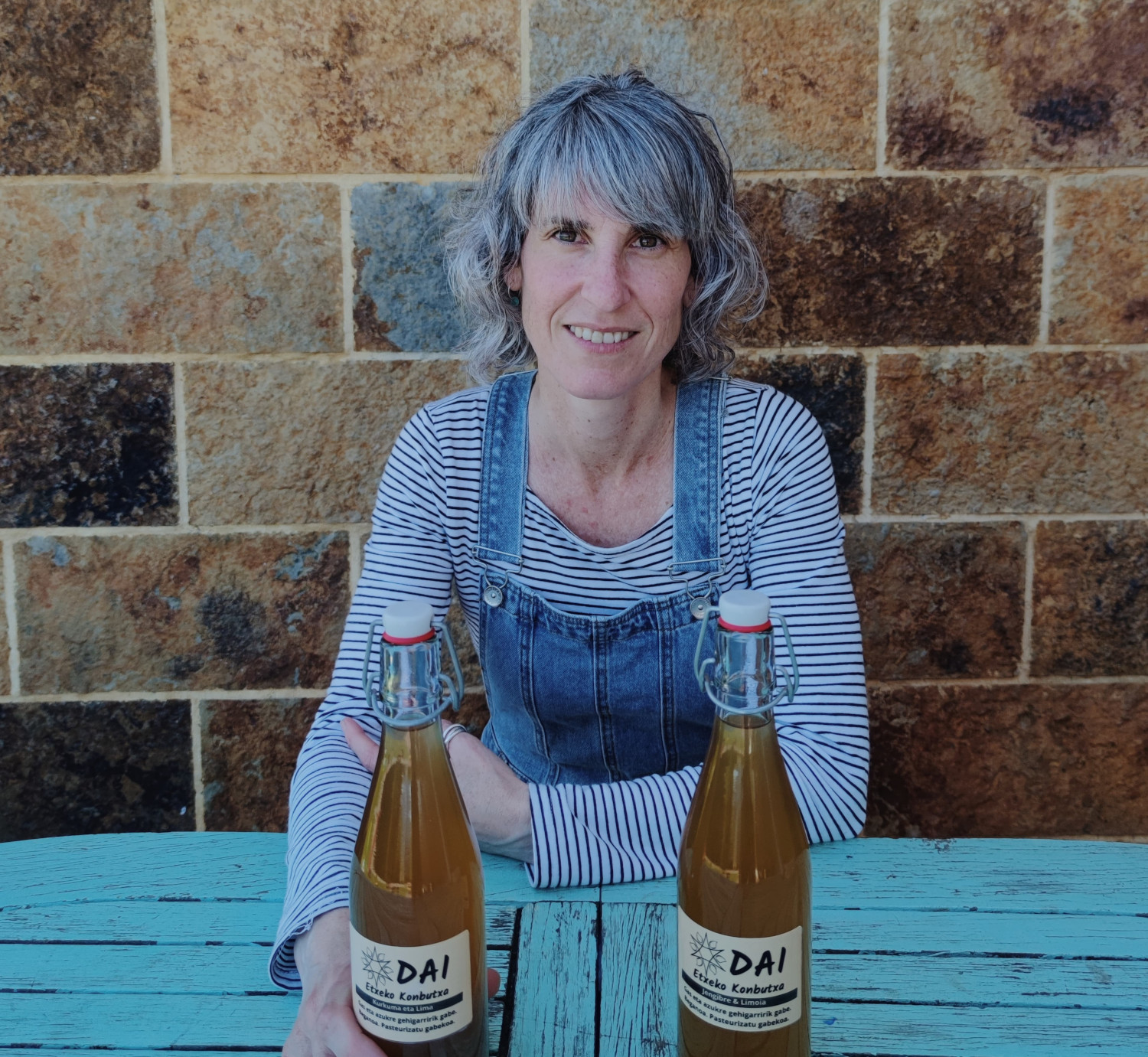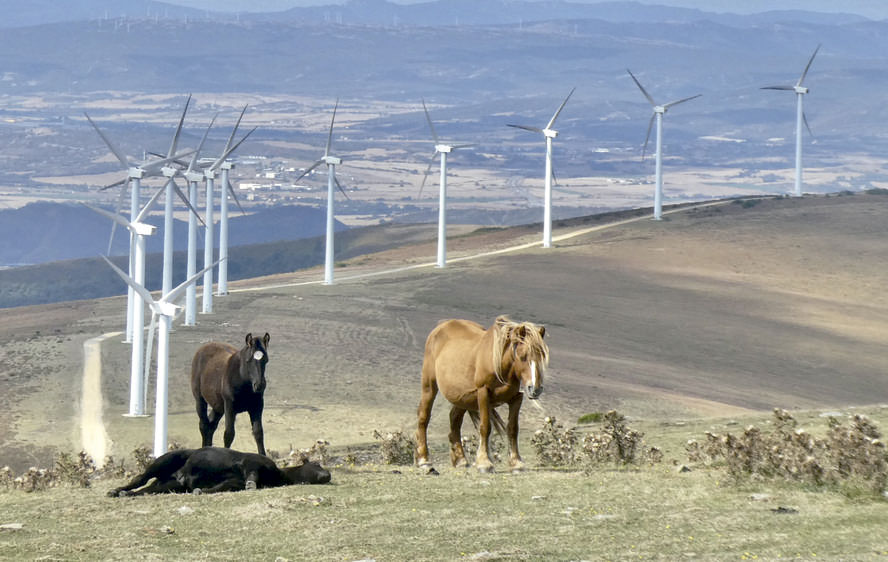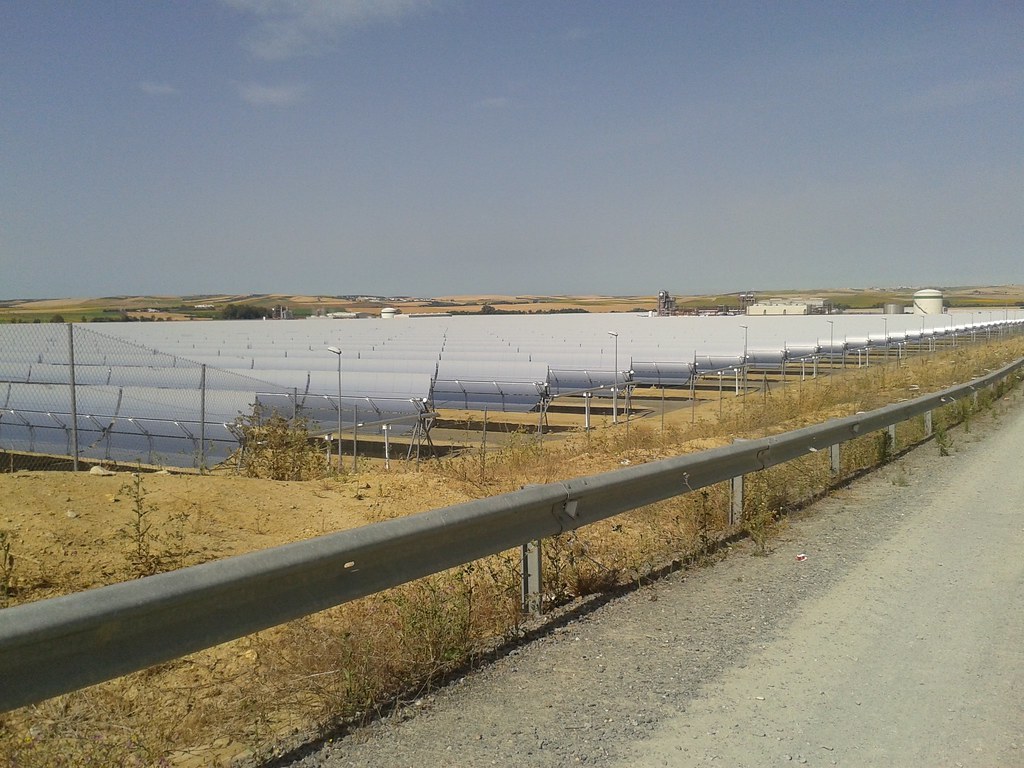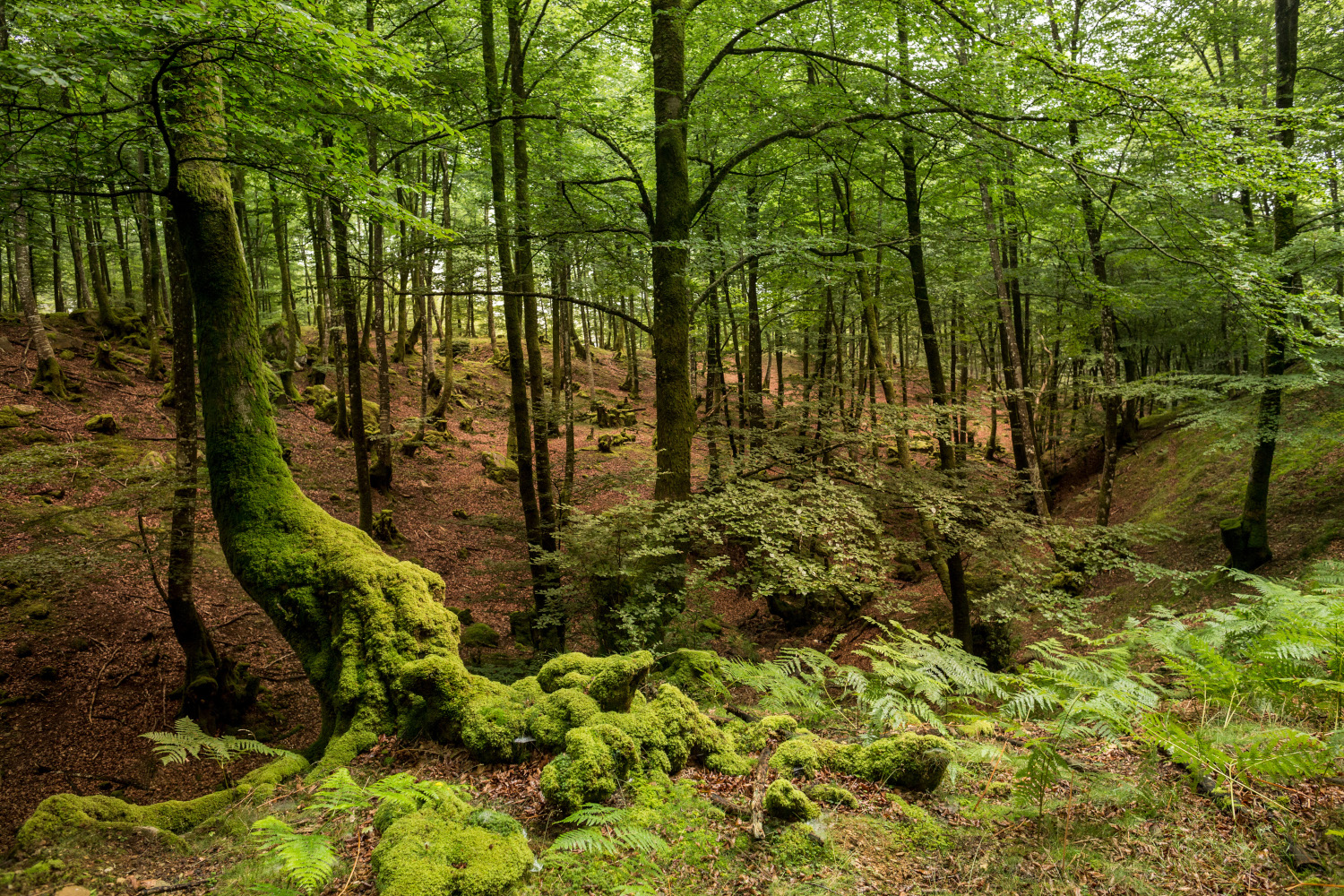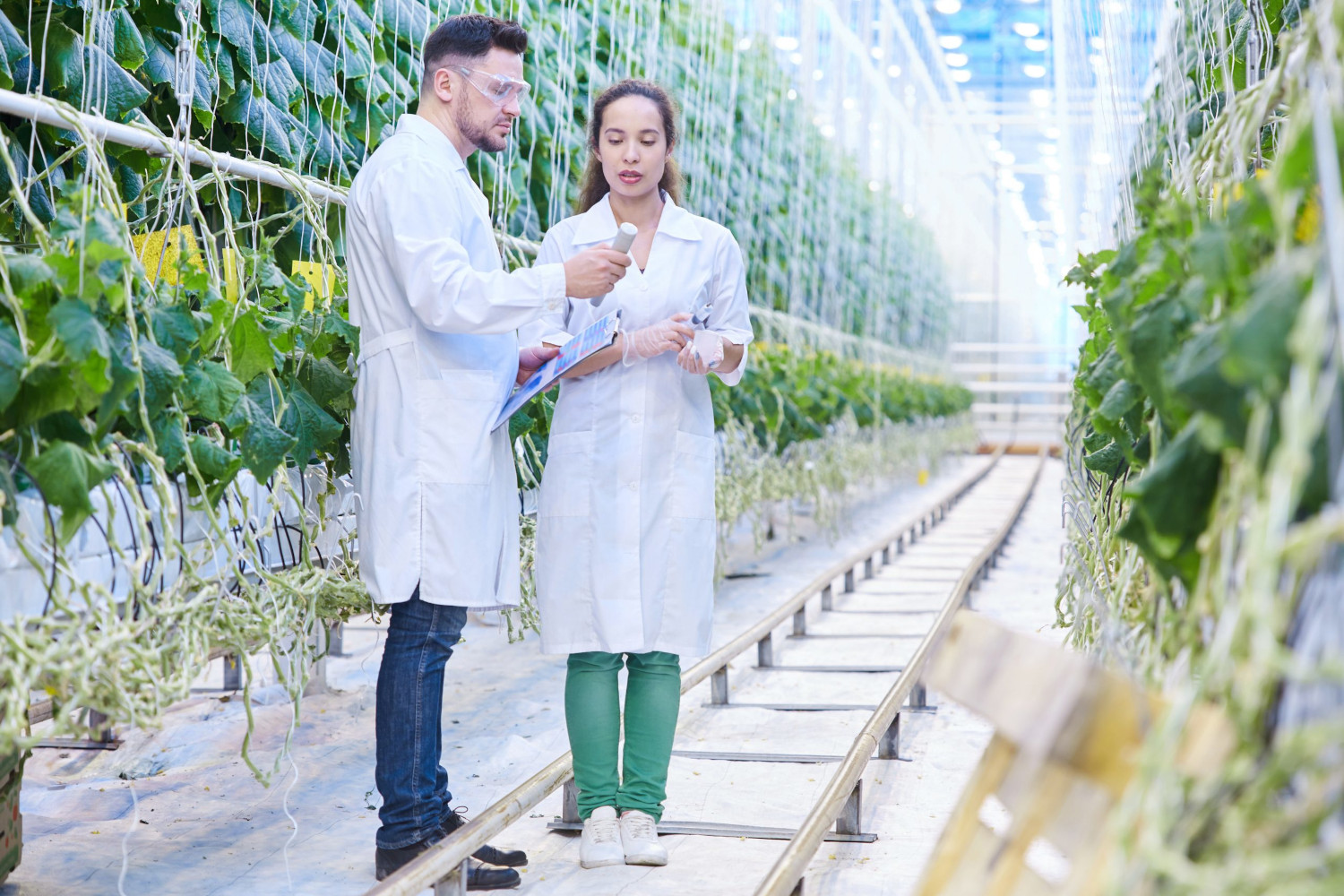Coca-Cola and Nestlé multinationals use banned pesticides in Europe in Brazil
- Reporter Brasil and Lighthouse Reports have made the scandal known. These pesticides cause the inhabitants of Sao Paulo to suffer from various diseases, poisoning and pain.

Coca-Cola and Nestlé are using products banned by the European Union in Brazil because of their high degree of toxicity. They are distributed by plane over plantations, without taking into account the health, welfare and opinion of their inhabitants. This is the conclusion of the investigative journalism study published this April 25 by Reporter Brasil and Lighthouse Reports.
Among other things, Usina Atenea, which channels sugar to these two multinationals, is spreading pesticides. The company is located 500 kilometres from Sao Paulo (Brazil), in the village of Rancharia. The research report collects potrets from its inhabitants to illustrate the data collected in the study. One of them is Ivanete Santos, who lost his sight just after passing the company's plane:

The Ombudsman of the State of São Paulo has been able to obtain the names of the houses that work for these companies and the products used in them. The data show that the two direct suppliers of Nestlé (Copersucar and Usina São Martinho) use pesticides manufactured by Basf and banned by the European Union. Both liver cancer and problems with the development of the reproductive system and the fetus are some of the consequences of receiving this pesticide called "epoxiconazole".
The other supplier of Nestlé investigated is Tereos. The second largest sugar producer in Brazil, mainly in the Barreto and Presidente Prudente regions. The proportion of deaths from cancer is higher than in other regions, with an average of 214 and 180 deaths per 100,000 inhabitants, compared with 138 in the Brazilian State. It is a toxic product thiametoxam, the use of which is also prohibited in Europe.
In addition to sugar cane, many orange producers in Sao Paulo also use pesticides. Coca-Cola and PepsiCo suppliers disseminate insecticide with bifenthrin, a pesticide produced by FMC also banned in the European Union because it is classified as carcinogenic and neurotoxic.
Toxic lobbies
If we have banned the spread of pesticides by plane in the European Union, it is still authorised in other countries of the world. Reporter Brasil and Lighthouse Reports denounce in their report that there is a lot of lobbying work against the ban in Brazil. Despite being a popular mobilization for prohibition, only a few peoples are prohibited from this practice.
Today’s Venice is built on an archipelago of 118 islands. These islands are connected by 455 bridges. The city is based on mud rather than Lura. Millions of trees in the area were cut down from the 9th century onwards to build piles and cement the city. Years have passed and... [+]
Lehengai anitzekin papera egitea dute urteroko erronka Tolosako Lanbide Heziketako Paper Eskolako ikasleek: platano azalekin, orburuekin, lastoarekin, iratzearekin nahiz bakero zaharrekin egin dituzte probak azken urteotan. Aurtengoan, pilota eskoletan kiloka pilatzen den... [+]










